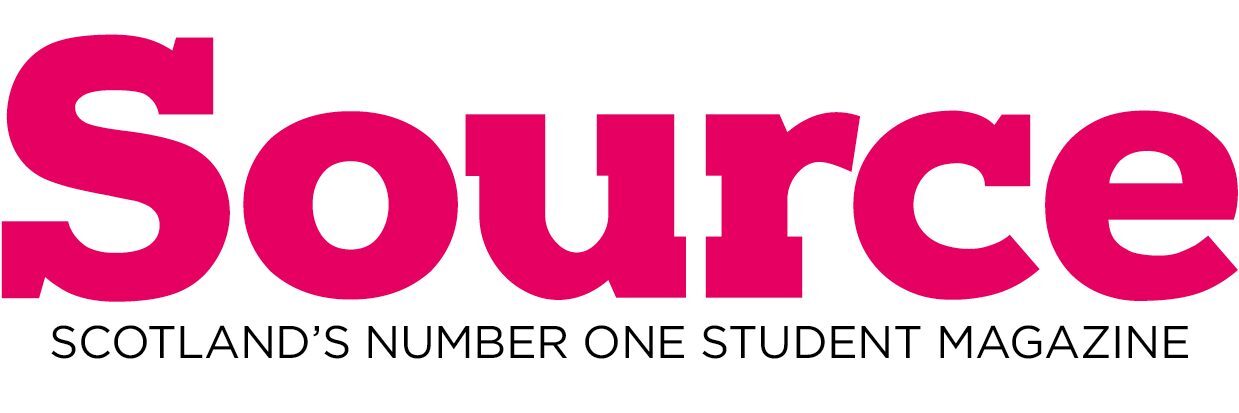It’s that time of year again – the deadline for UCAS applications is looming and the pressure on aspiring uni students to polish off their personal statement is growing by the day. So who better to help you along the way than someone who’s been there, done that and worn the t-shirt? We asked recent graduate Daniela Conte for her top tips in the art of personal statement writing…
When I was writing my personal statement, my parents couldn’t help (neither had been to university) and the time spent on it in school was pretty limited. It really was left up to me to decipher and I’m sure others will feel the same. With the benefit of hindsight, I thought I would impart my knowledge and advice for those embarking on the crazy rollercoaster of preparing personal statements.
GETTING STARTED
Where to start? What I find really helpful is doing a ‘free association’ of words to start off with – write down any information you think you can include, both academic and personal. The best thing about free association is that it can be disjointed. The point of this is to get ideas down on paper so you won’t risk forgetting some.
One thing that really bugged me when writing my personal statement was being told to ‘stand out’. Yes, it’s true that uni admissions officers will be reading thousands of applications and you don’t want to bore them, but that doesn’t mean that you should start off with a joke or quote. The person reading your application is an expert in your chosen subject and will want to know why you’ve chosen it. The way to stand out from the crowd is through your passion and enthusiasm for your subject.
Don’t neglect activities that make you YOU. Grades are important but so are skills and experience. Do you take part in extracurricular activities? What activities are you involved with in school? Show what you’ve learned and that you’re willing to play a part in the ethos of the school. If you have any work experience showing passion for your subject, pop that in too, explaining how this demonstrates your determination and interest.
KEEP IT SIMPLE
Another tip: don’t think you have to impress by using big fancy words! During my time at uni studying English, my tutor gave me some great advice: “Write what comes naturally, don’t show off with complicated words. They will only confuse the reader and you as the writer.”
To get started, head to the web. Since you will be writing your personal statements for UCAS, it’s probably best to get some more advice on what it should include through their website. Get onto www.ucas.com now. The Student Room also has a good basic list of what to include which you can use as a check-list. Check it out at www.thestudentroom.co.uk.
While websites are useful, don’t get too bogged down in them. This will only lead to confusion. My biggest tip? Just do it! Start writing now. Find your own style and voice as this will give a better picture of you. After all, that’s what a personal statement is all about…
Top Tips
Make the most of the teachers or tutors dealing with UCAS applications – they know what they’re talking about.
Find links with your interests to the course you want to do and don’t forget to mention your career ambitions.
Show your passion for your subject, but don’t get caught up in fancy language – keep things simple.
Proofread, proofread and proofread again!
Remember – be honest. If you bend the truth slightly, you will get caught out.

